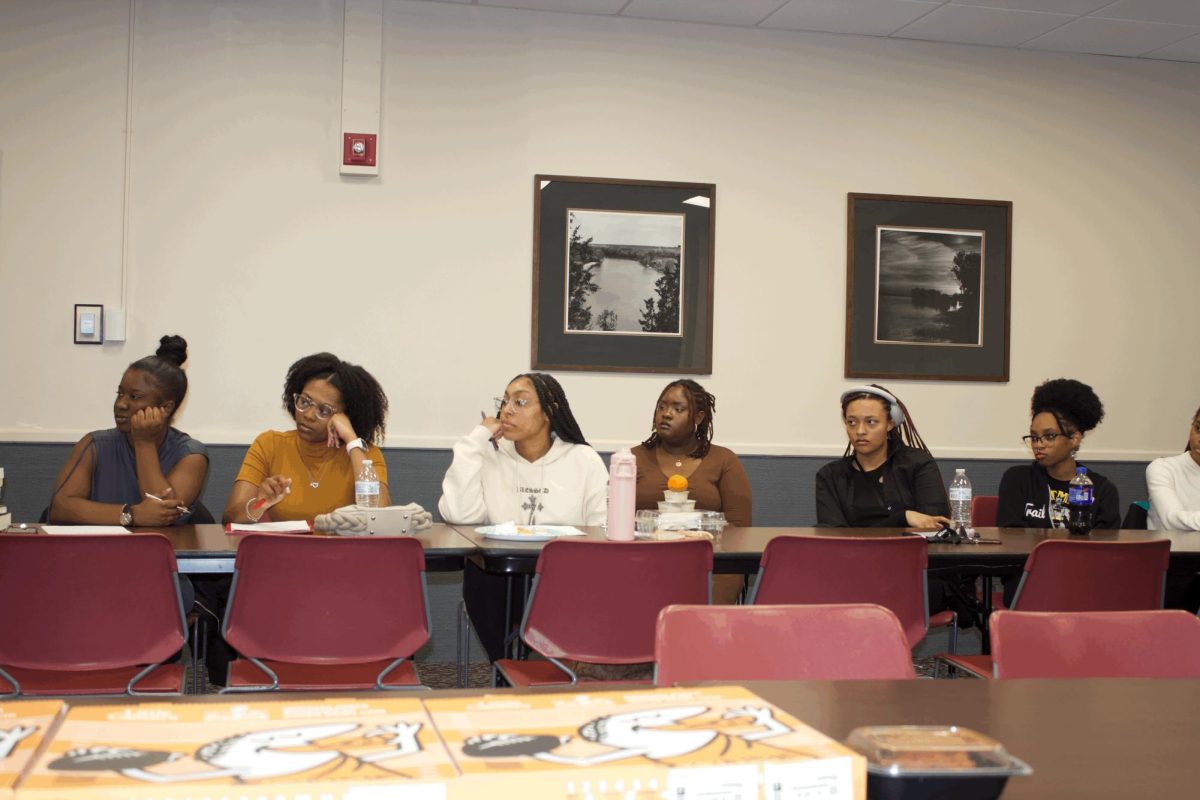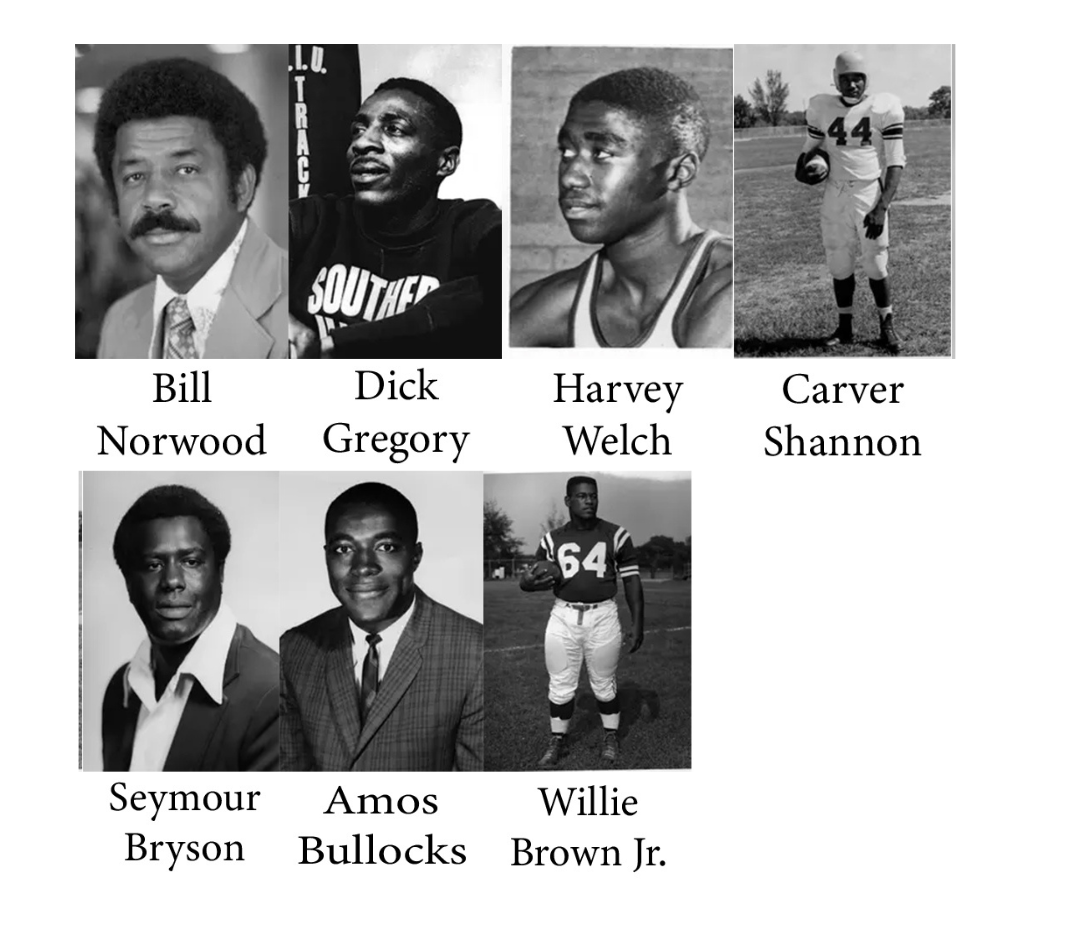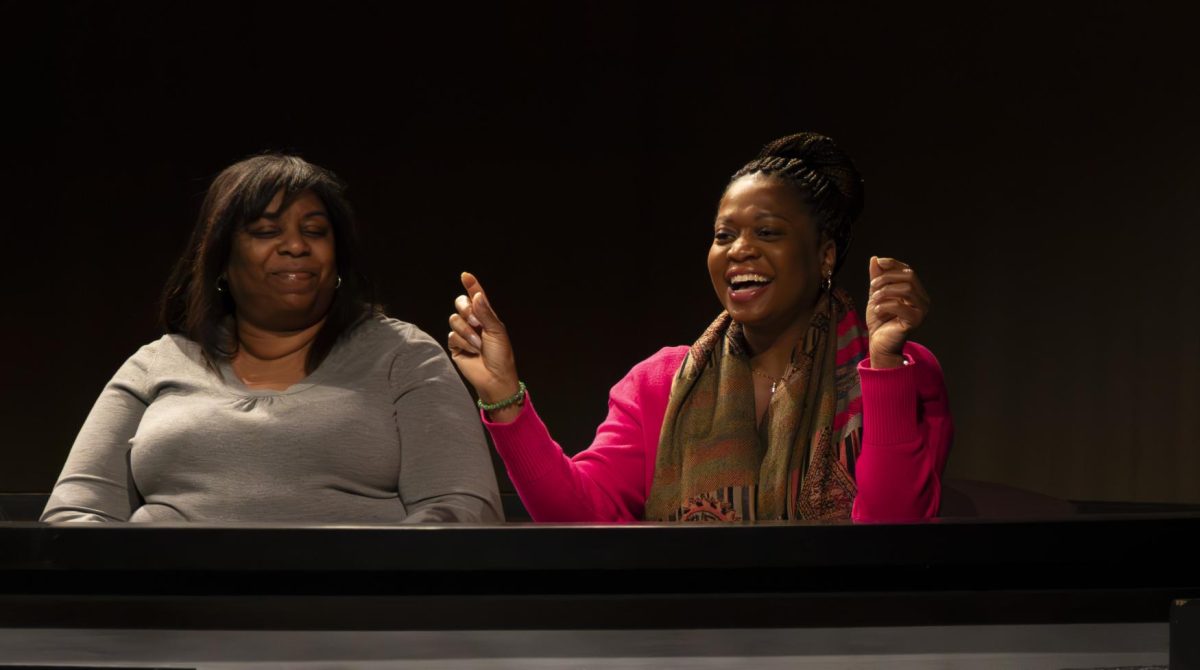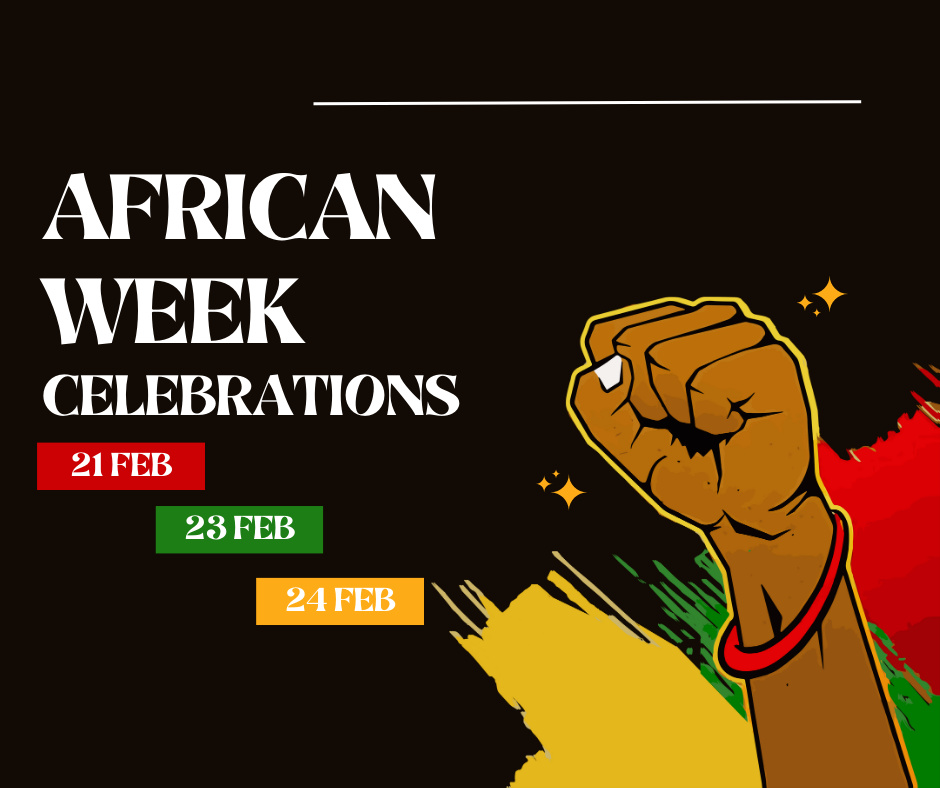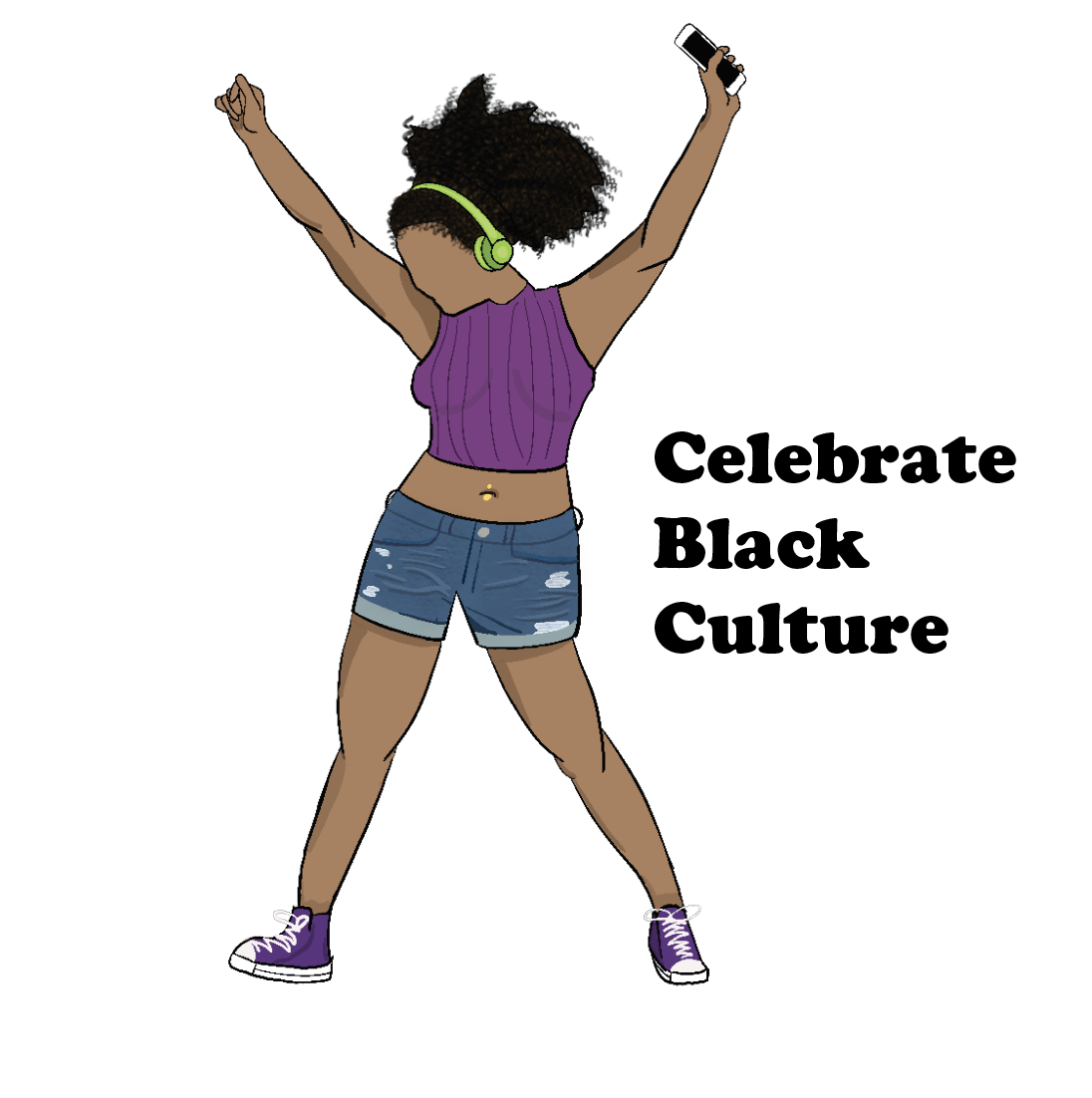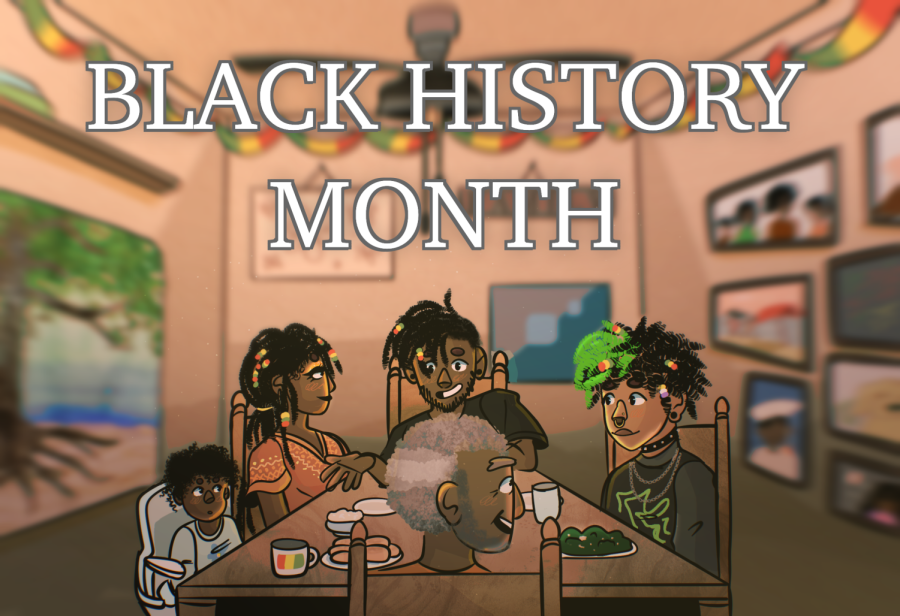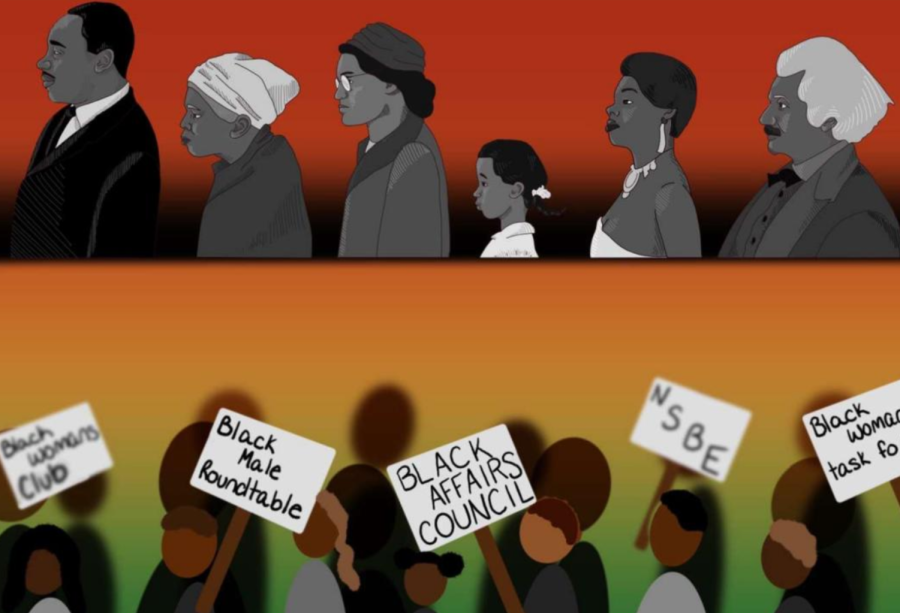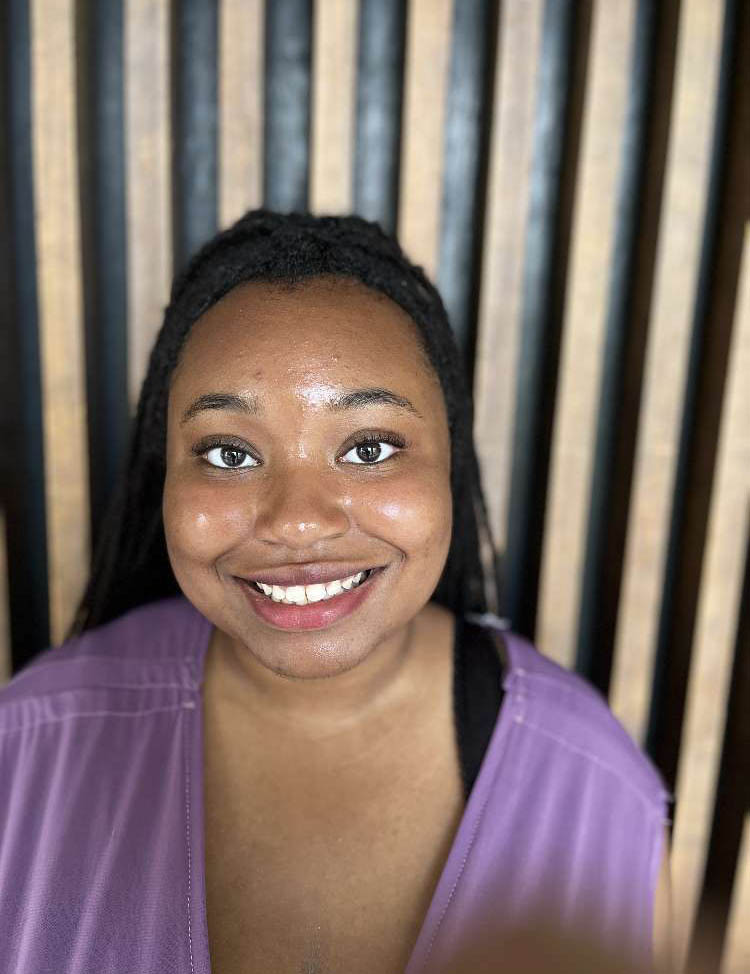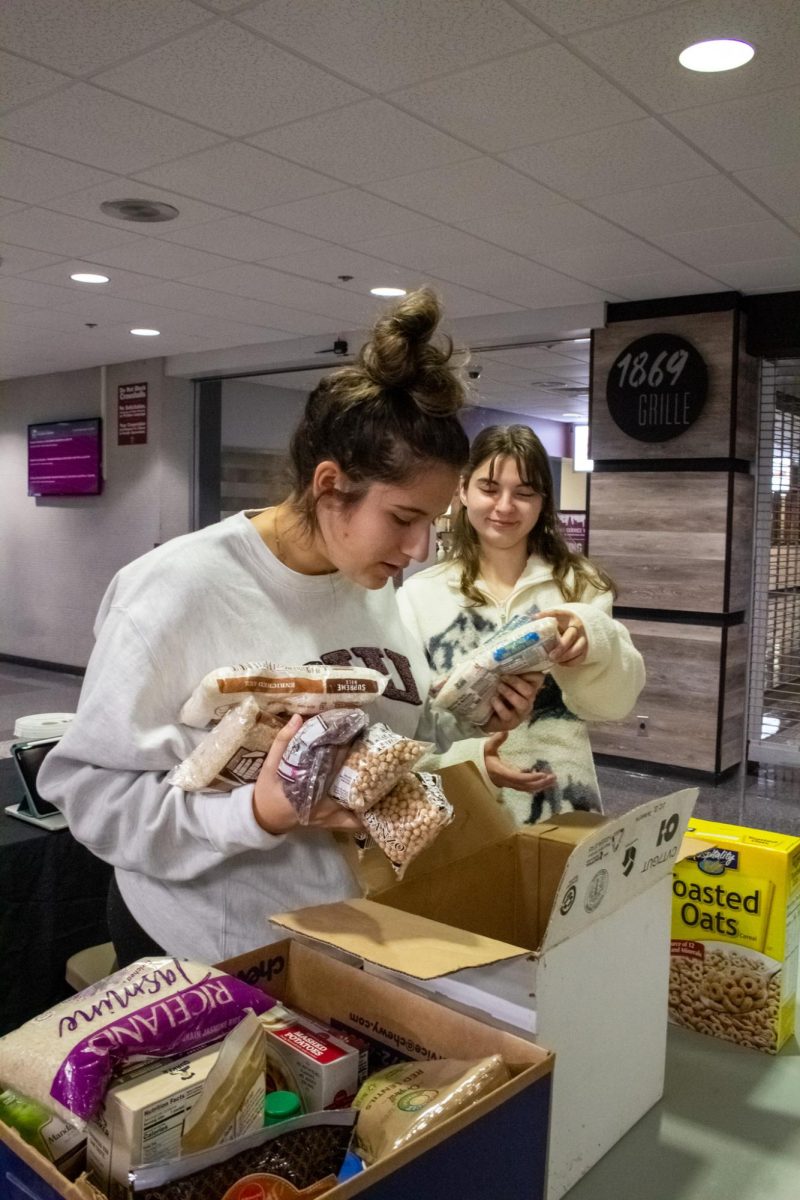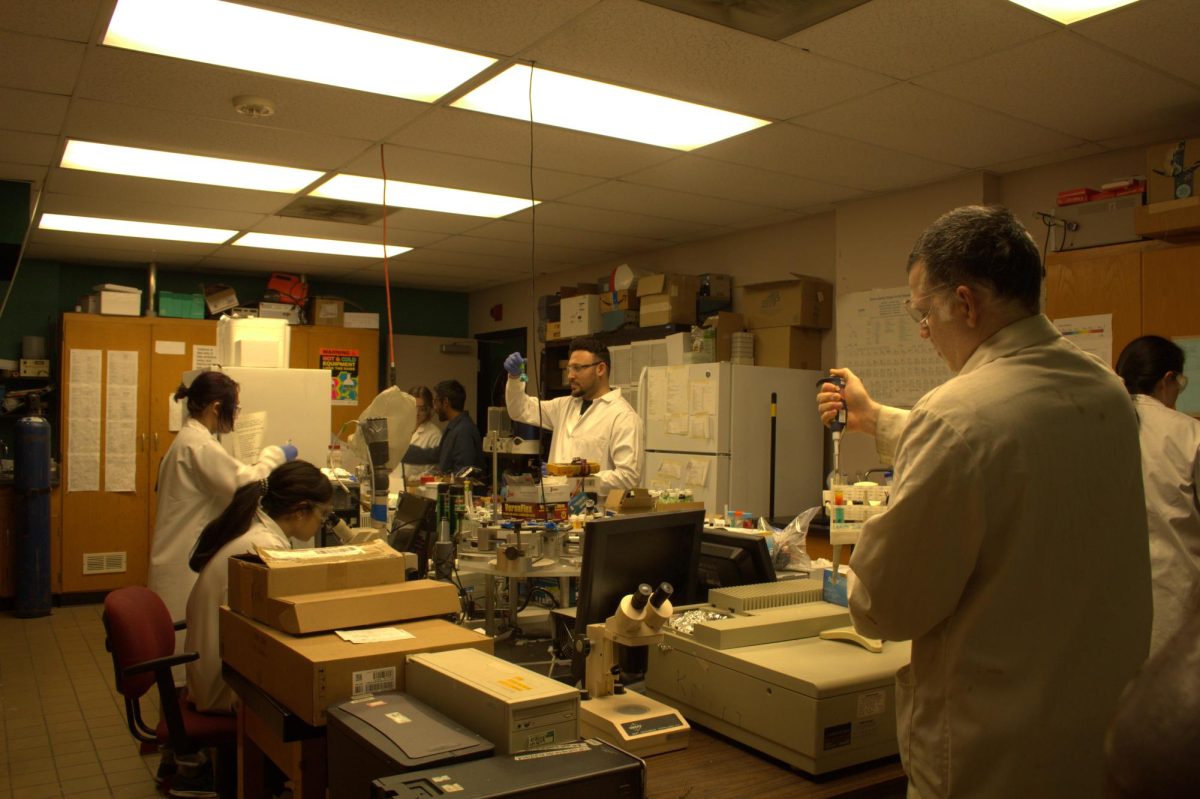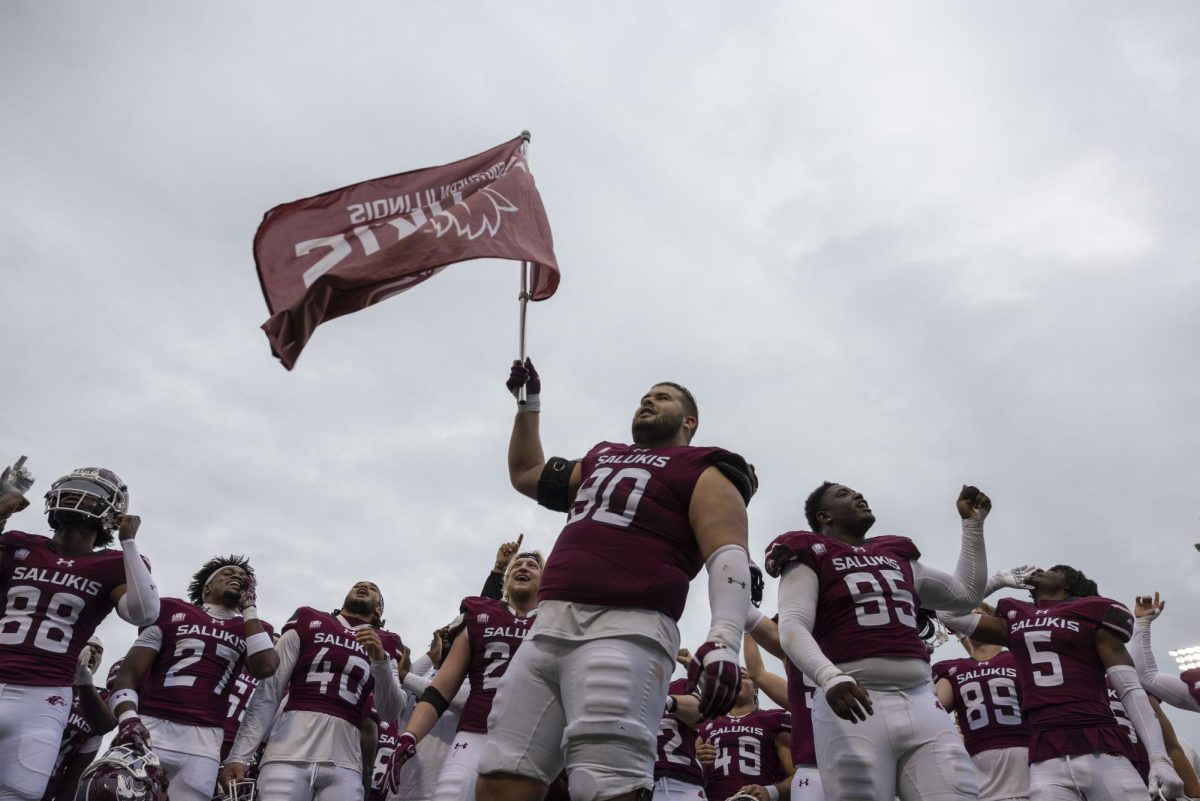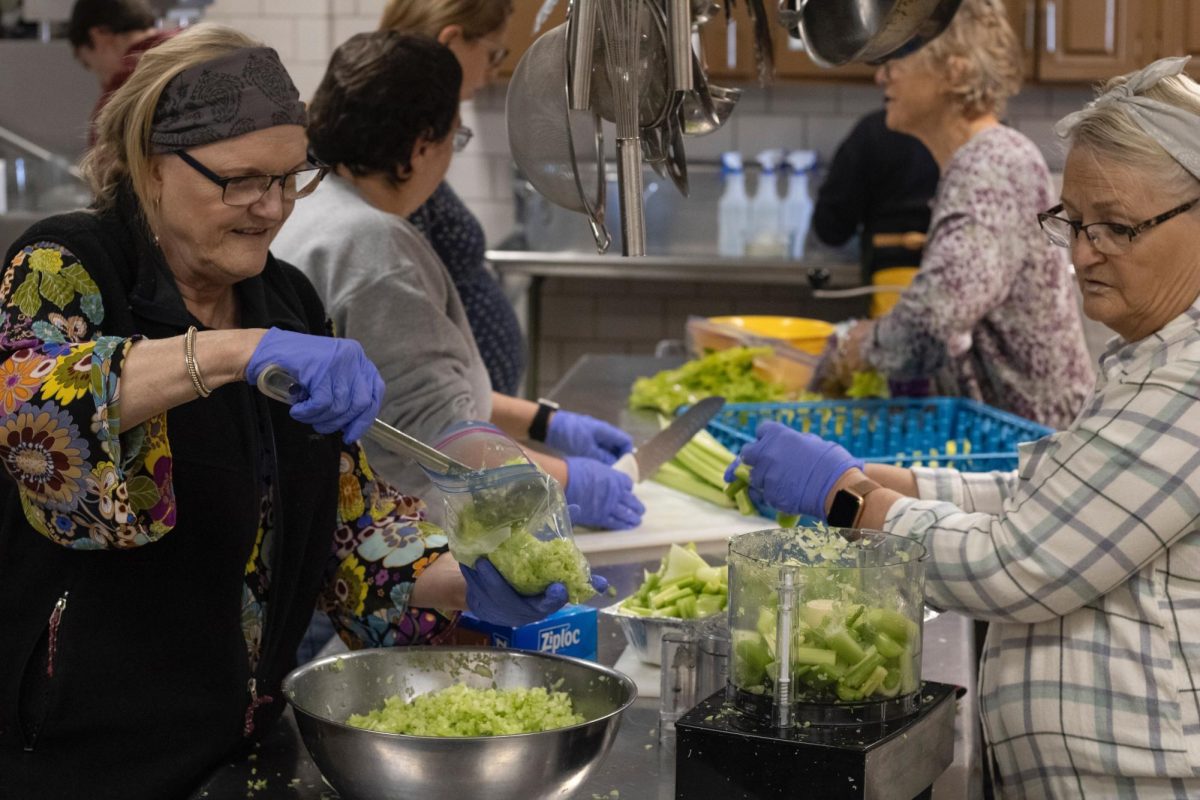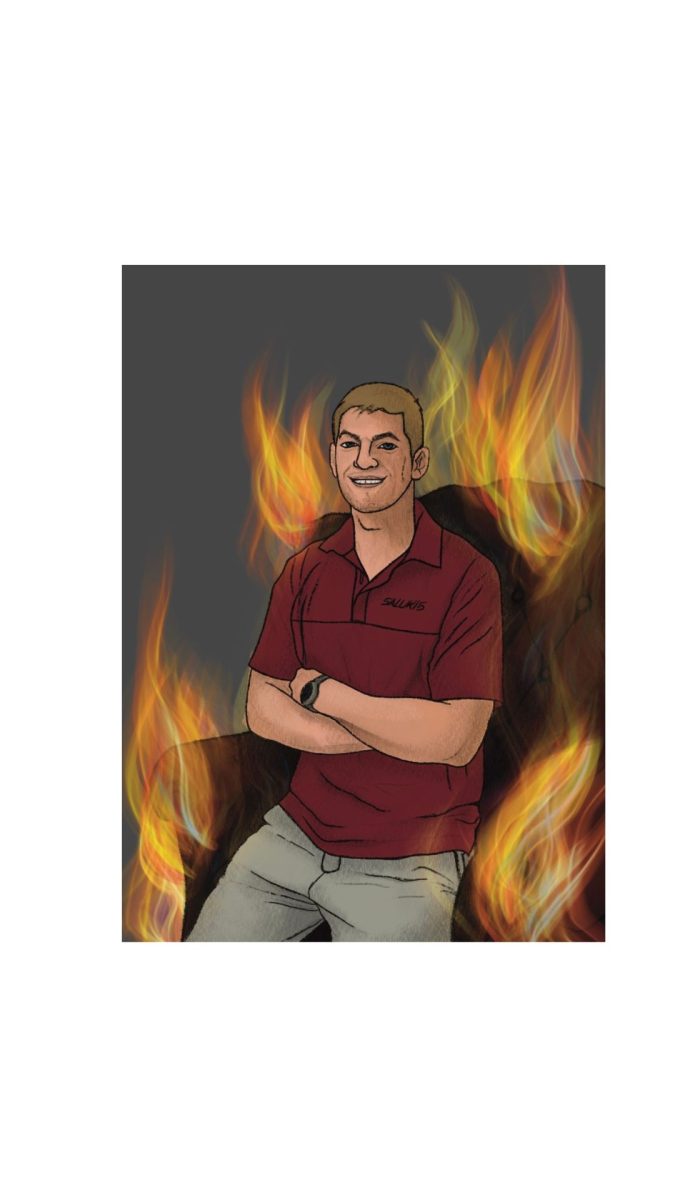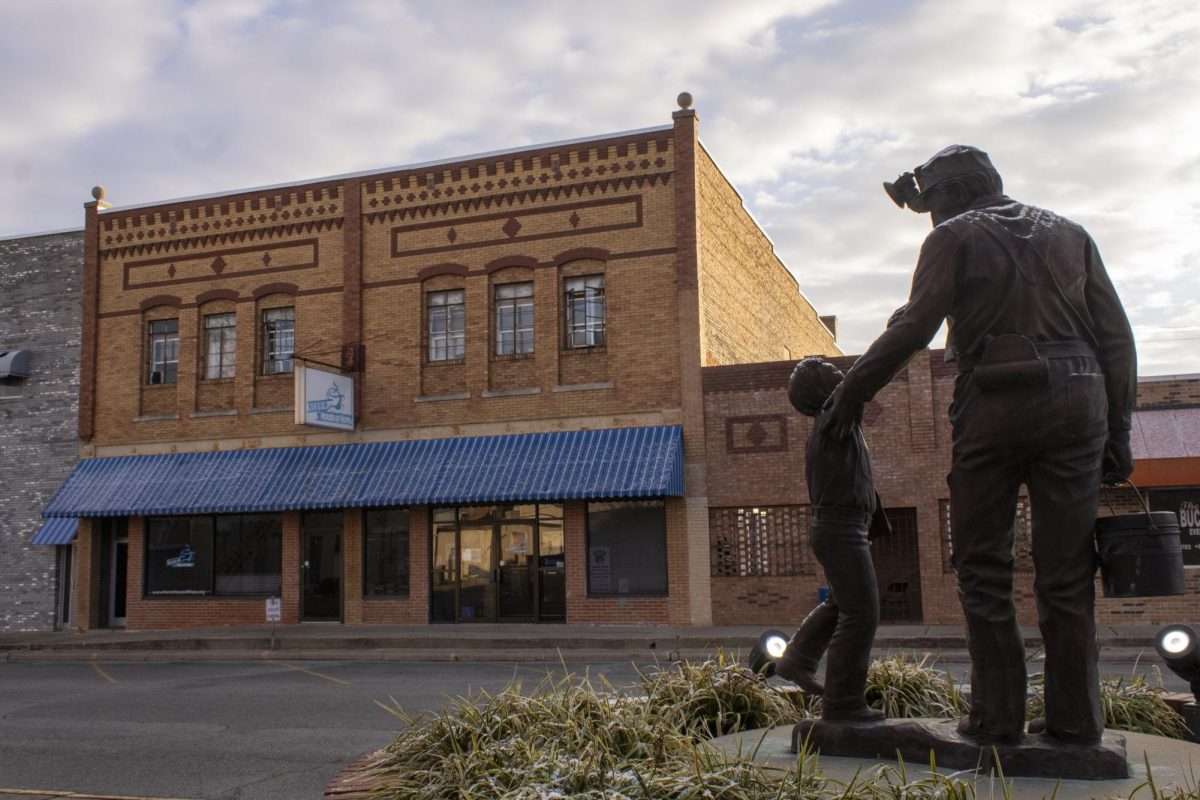The Black Women’s Club facilitated a crucial discussion Thursday, Feb. 22 about the challenges Black women face when entering the workforce in predominantly white male fields. The event, organized in honor of Black History Month, served as a platform for Black women on campus to share their experiences and insights with both members of the club and anyone else who wished to attend.
The complexities of the issue share the need for a closer examination of the hurdles faced by Black women in navigating such environments. The two hour panel session, titled “Black Women in the Workforce,” is part of a series of discussions for leadership advice and experience.
Ashley Hinton, the founder and president of the Black Women’s Club, has been instrumental in shaping the club’s vision and fostering a supportive community for Black women on campus to face these issues head on.
Advertisement
“So we know that in predominantly White spaces, whether that be male or female, Black women have a lot of competition because we’re talking about generational gains and wealth, where our White counterparts, their great-great-grandparents have equity in very important companies, where those are things that we are having to build more recently, as we see in our generation. So we just wanted to highlight those discrepancies and those obstacles.”
To organize this event, the Black Women’s Club asked members what they personally felt was necessary to talk about. This gave each member the opportunity to have their own voices heard and represent their own needs on campus.
Jasira Petty, a freshman attendee said, “We did a lot of research, and we picked the things that we thought were the main topics that would be interesting or were things that Black women go through and were different spots that they’re not necessarily represented in.”
The success of the event emphasized the strength and cohesion within the Black Women’s Club, showcasing the unity and collaboration needed to create impactful initiatives on campus.
“It was kind of a teaching moment, organizing it. We felt having more people there talking about what they went through, instead of just having us talk about it, represented more of us,” Petty said.
By facilitating these activities, the club not only encourages open dialogue but also provides practical tools and resources to navigate the unique experiences of Black women
Hinton said, “Since starting this club, our main focus has been to provide safe and positive spaces for Black women through acknowledging historical and contemporary obstacles. So I can say that that’s exactly what we’re doing to spark changes. We are making the connection between the things that we’ve faced in history, to the things that we are facing now in this generation.”
Advertisement*
With a broader vision for the future, the Black Women’s Club aims to continue hosting events and discussions that address the unique experiences of Black women and foster a supportive community on campus. The panel discussion Thursday was just one step in their mission to create awareness, unity, and positive change.
“We want to have a compilation of events starting with this one where we are taking note of the things that Black women have to say. It’s important to have discussions. If you’re not having the discussions, you’re not asking the right people the right question,” said Hinton.
Caitlan Laster, treasurer of Black Women’s Club, said they talk about anything that could pertain to a Black woman.
She said, “It’s very informational. I’ve learned so much. It helps me just in life in general, and also academically, because we can have those hard conversations about how to educate or how to walk in a room with your head held high when you’re the only Black woman there.”
As members pursue various academic paths at SIU, members of the panel were able to break down barriers and showcase the potential for success across a broad spectrum of professional fields.
“The mentorship between us is very helpful as well. I’m seeing it in real time that these girls can do it. They’re all doing a wide range of majors and jobs, so it’s just very inspiring,” Laster said.
Brianna Smith, social media coordinator and recruitment manager, finds this event helps to bring things into a wider scope, and they get to hear references from all Black women, because not everybody has the same story.
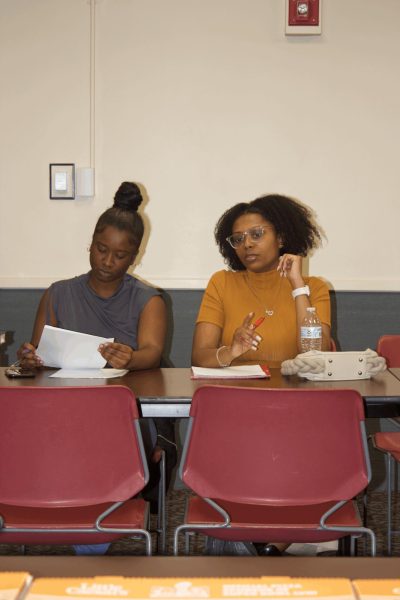
Smith said, “It’s different amongst everybody, so you get to see what are the similarities and what are differences between everyone and just to come together and actually have a safe space for Black women to talk about these things, because we don’t have them outside of our own spaces.”
As a freshman, Petty said the club and discussions on campus help her a lot. Through her past experiences she never felt that Black women were represented in the workforce.
Petty said, “I never really had a moment like, ‘Oh, this is a Black woman, she’s a doctor, this is what she went through.’”
This discussion panel was able to change this, and give her new information about local women who have achieved important milestones in their careers.
“They told us about different obstacles that they face. If they’re facing this too, it’s more relatable. You don’t feel like you’re doing it wrong. They went through it and they made it. You can do it too,” Petty said.
With the discussion panel being just one of the numerous Black History Month events, there are many places where Black individuals have safe opportunities to initiate change both on campus and across the nation.
Petty said, “This is my first year, but I feel like it [the Black Women’s Club] is changing experiences on campus because we have a sisterhood. And it helps because you see older Black women and upperclassmen that are on campus that have been here that went through certain stuff. You can ask them for help.”
The club also hosts opportunities, like community service projects, study-jams, and general membership meetings. Some events are also offered to people who are not members that can be used as educational aids, such as this Black Women Leadership series.
“We did a meeting last semester about self confidence and loving yourself…A lot of times that doesn’t happen. I’ve never been to a workshop that taught me how you should really like yourself, or said, ‘You shouldn’t look at yourself like this. This is normal.’ It’s bringing more attention to Black women and it’s awesome to have the resources,” Petty said.
The resources for these events stem from a collaborative effort within the Black Women’s Club. Members contribute both time and expertise, pooling together their collective knowledge and skills to organize impactful activities.
Hinton said, “There is a broader scope between multiple organizations. The Student Multicultural Resource Center typically takes control and sponsors these events. I know in March, there’ll be more of that, and more events.”
The club actively seeks support from the larger campus community as well, including partnerships with other organizations who share a commitment to the club’s mission.
“We’re not alone. There’s other Black organizations: Black Women’s Task Force, the National Association of Colored Women’s Clubs. We’ve also got all of the female-led ones: Delta Sigma Theta, Alpha Kappa Alpha, Zeta Phi Beta, Sigma Gamma Rho. So there’s a lot of Black women here that are dominating,” Hinton said.
It was also important to members of the club that faculty of SIU and community members were represented and able to share their personal stories
Petty said, “We emailed people to take part in the panel because they have experienced and dealt with many things and are still successful Black women.”
One of the panelists was the club’s advisor, Dr. Renada Greer. She has gained success here at SIU with her work as the executive director of the Student Multicultural Resource Center. She was one of many participants who shared her thoughts about changing aspects of the workforce and including Black women in leadership positions
As the Black Women’s Club continues to address and overcome challenges, their commitment to unity and empowerment paves the way for a more inclusive and equitable future.
Laster said, “I think we’re making a big impact on campus because we’re making a network with not only us as Black women, but the Black faculty and everyone else. It’s becoming a big network. I feel like without this group, I would not know as many people and I wouldn’t be able to ask for the help that I’ve been able to ask for. So I think it’s more helpful than people think.”
Follow Black Women’s Club on Instagram and the Student Multicultural Resource Center website for more information about future events.
Advertisement



